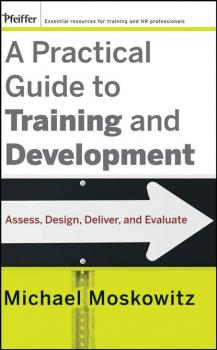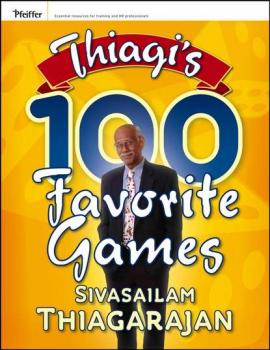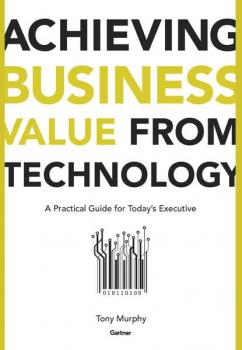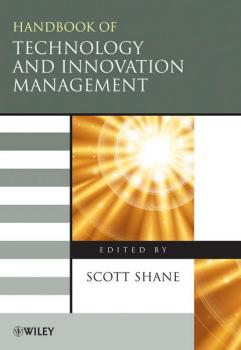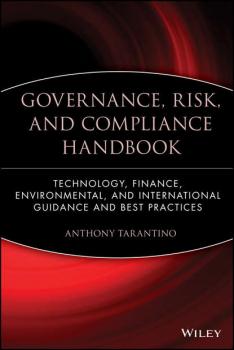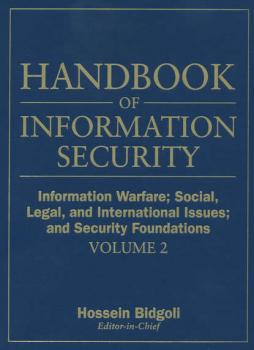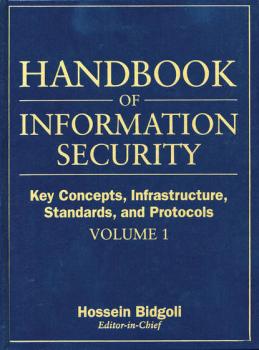Управление, подбор персонала
Различные книги в жанре Управление, подбор персоналаA Coach's Guide to Emotional Intelligence
A Coach?s Guide to Emotional Intelligence is a groundbreaking book that combines the topics of coaching and emotional intelligence in a down-to-earth resource for coaches, facilitators, and consultants. The authors, James Bradford Terrell and Marcia Hughes ?two experts in the field of emotional intelligence training?offer a number of elegant solutions that help coaches and their clients develop the authentic emotional skills needed to meet the challenges of today?s increasingly complex world. The book clearly shows how EI coaching can be applied within organizations and provides a solid coaching method for use with leaders in business settings. The book outlines five highly-effective strategies for developing influential leaders.
A Practical Guide to Training and Development
To stay ahead of the competition, today?s organizations must invest in ongoing training that continuously improves their employees? knowledge and skills. A Practical Guide to Training and Development is a comprehensive resource that offers a theoretical, strategic, and practical foundation of the entire training process. The book outlines a step-by-step approach for assessing, designing, delivering and evaluating training.
Thiagi's 100 Favorite Games
Thiagi's 100 Favorite Gamesis an exciting new resource from Sivasailam «Thiagi» Thiagarajan, who is acknowledged as the world’s foremost authority on interactive learning. This is a first-of-its-kind collection that represents game play at its very best. Thiagi offers the «how-to» and the «lowdown» on his all-time favorite games. With this resource, you’ll never be stuck for a fun, innovative, and effective activity. Thiagi’s 100 Favorite Games can be used to: Illustrate concepts Aid learning transfer Improve team work Build critical skills in any training event Energize meetings Or us as icebreakers, or openers and closers to a formal training session
Achieving Business Value from Technology
PRAISE FOR ACHIEVING BUSINESS VALUE FROM TECHNOLOGY «Clearly, IT investments have never before played such a critical part in business growth. The book addresses the weakness existing in most management systems involving the lack of a systematic process to realize the economic benefits of the IT investment and provides a clear A-Z methodology for business to bridge this gap. This book is clearly written for all levels and backgrounds in business management and is a must-do for those whose business involves IT, is considering IT, or would like to significantly tailor IT investments for their economic advantage.» —Professor Richard P. Wool, University of Delaware, President and CEO, Cara Plastics Inc. «Tony Murphy addresses the difficult question of the value of IT investments head on. He translates an elegant theory into effective practice. The case studies in the book effectively reinforce his key messages.» —Dr. Dermot Moynihan, Senior Vice President, World Wide Chemical Development, GlaxoSmithKline «This book is the answer to most CIOs' need for a well-structured, pragmatic, and easily implemented set of tools and practices designed to answer the universal problem of managing and measuring IT's contribution to the business. Tony Murphy's unique blend of practical experience, industry best practice, and excellent communication skills provides the reader with a valuable-and highly readable-guide on how best to achieve that elusive objective of reliably realizing the business benefits of IT investments.» —Michael Rice, oup Director of IT, Kerry Group plc «At Oxfam we are one year into a three-year IT strategy based on the principles Tony Murphy lays out in this book, and there is a real, positive difference in how IT is perceived, and in its real strategic position within the organization. If you have ever wondered just how you can gain strategic alignment for your IT function, and then how to make the practical link to IT investment for the organization, Tony has provided a framework that joins them both.» —Simon Jennings, Head of Information Systems, Oxfam GB
The Handbook of Technology and Innovation Management
This timely handbook represents the latest thinking in the field of technology and innovation management, with an up-to-date overview of the key developments in the field. Under the separate but related headings of market environment; business models; innovation processes; and organizational design; leading scholars contribute essays that chart the important debates and emergent issues in the field of technology and innovation management.
Governance, Risk, and Compliance Handbook
Providing a comprehensive framework for a sustainable governance model, and how to leverage it in competing global markets, Governance, Risk, and Compliance Handbook presents a readable overview to the political, regulatory, technical, process, and people considerations in complying with an ever more demanding regulatory environment and achievement of good corporate governance. Offering an international overview, this book features contributions from sixty-four industry experts from fifteen countries.
Handbook of Information Security, Information Warfare, Social, Legal, and International Issues and Security Foundations
The Handbook of Information Security is a definitive 3-volume handbook that offers coverage of both established and cutting-edge theories and developments on information and computer security. The text contains 180 articles from over 200 leading experts, providing the benchmark resource for information security, network security, information privacy, and information warfare.
Handbook of Information Security, Key Concepts, Infrastructure, Standards, and Protocols
The Handbook of Information Security is a definitive 3-volume handbook that offers coverage of both established and cutting-edge theories and developments on information and computer security. The text contains 180 articles from over 200 leading experts, providing the benchmark resource for information security, network security, information privacy, and information warfare.
Economic Analysis of the Law
Providing students with a solid grounding in the economic analysis of the law, this reader brings together edited versions of diverse and challenging journal articles into a unified collection. Chosen to provoke thought and discussion, these carefully streamlined articles apply economic theories to many aspects of the law, from intellectual property, corporate finance, and contracts to property rights, family law, and criminal law. Provides real-life examples and implications of economic theory. Creates a unified vision of the law, showing the interconnections between the various fields. Covers a broad range of topics, from intellectual property and corporate finance to family and criminal law. Encourages intuitive understanding and applications of the economic principles, due to reduced mathematical content.
Strategic Management in the Knowledge Economy
Due to the dramatic shifts in the knowledge economy, this book provides a significant departure from traditional strategic management concepts and practice. Designed for both advanced students and business managers, it presents a unique combination of new strategic management theory, carefully selected strategic management articles by prominent scholars such as Gary Hamel, Michael Porter, Peter Senge, and real-world case studies. On top of this, the authors link powerful new benchmarks in strategic management thinking, including the concepts of Socio-Cultural Network Dynamics, Systemic Scorecards, and Customer Knowledge Management with practical business challenges and solutions of blue-chip companies with a superior performance (Lafite-Rothschild, Who's Who, Holcim, BRL Hardy, Kuoni BTI, Deutsche Bank, Unisys, Novartis).

